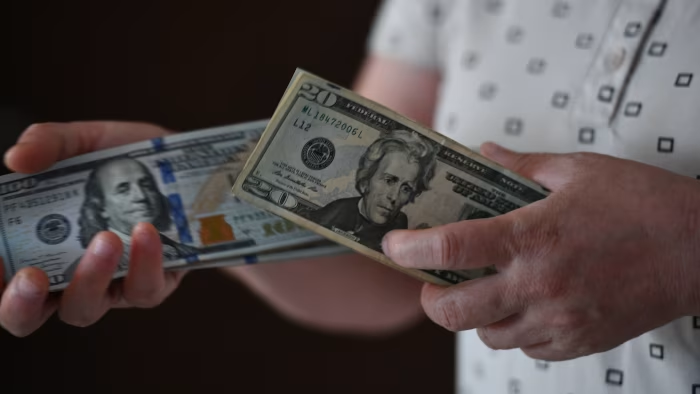Unlock the Editor’s Digest for free
Roula Khalaf, Editor of the FT, selects her favourite stories in this weekly newsletter.
Europe’s investment banks were already fighting an uphill battle to catch up with their Wall Street rivals, which dwarf them in both size and valuation terms. The return of Donald Trump to the White House has created a medley of additional challenges, laid bare in quarterly earnings this week.
The first problem: deals. In the US, Trump’s deregulatory agenda has encouraged a flurry of mergers and new listings at home. Yet his unpredictable foreign policy is eliciting caution abroad. So while takeovers of US companies jumped 25 per cent in the first nine months of this year to $1.4tn, according to LSEG data, European deals were up just 11 per cent to $554bn. Similarly, new listings in the US have raised more than twice as much as IPOs in Europe, according to Dealogic.
The result is that the high-margin fees that banks mint from corporate activity are harder to come by. Lars Machenil, chief financial officer at BNP Paribas, told analysts that European companies are in “wait and see” mode.
Despite this, BNP’s US business is growing at a similar rate to Wall Street rivals, Machenil claims. But then comes the second — less intentional — impact of Trump: the dollar. Even after a recent rebound, the currency’s value against major trade partners is down almost 9 per cent year to date. That means European banks’ US earnings are no longer worth as much once translated into their own currency.

At BNP, foreign exchange moves were a big reason it missed third-quarter revenue forecasts. For Deutsche Bank, currency movements were the difference between expanding its loan book and shrinking it. At UBS, the particularly sharp rally in the Swiss franc earlier in the year unfavourably pumped up the bank’s leverage ratios, making its balance sheet more tricky to manage.
The other D making some European bankers jealous: deposits. Between geopolitical uncertainty, White House efforts to encourage US investment, and higher interest rates, large companies are moving more of their cash to US accounts. Deposits in Bank of America’s global banking unit, for example, jumped 15 per cent year on year in the third quarter, while JPMorgan’s rose 12 per cent. At Deutsche Bank, in contrast, corporate deposits fell, despite enthusiastic talk of a wave of defence-related investment in the continent.
That’s inconvenient because, as Crisil Coalition Greenwich has highlighted, these sorts of corporate deposits boost the US banks several times over: they earn interest on the deposits themselves, make further money from cash management and payments businesses, and gain sticky funding for other parts of the group.
An optimistic take on this would be that maybe Europe’s banks aren’t as far behind Wall Street as they look: strip out some currency and other drags and both sides are growing at similar rates. Europeans will benefit proportionally more if the local deal pipeline unclogs. Even then, though Americans will rule the roost. Closing that gap is yet another D: doubtful.
nicholas.megaw@ft.com
